Shah Abdul Karim, the Baul king who sang his soul

Shah Abdul Karim, a towering figure in Bengali Baul music, was born on the banks of the Kalni River in Sunamganj. His melodies, which echoed from rural enclaves to international stages, painted a vivid canvas of spirituality and simplicity. Although he penned over 1,500 songs, many were lost to time; however, his legacy continues to live on through the ones that remain.

Fifteen years ago today, on September 12, 2009, Karim, revered as the "Baul king," passed away, leaving behind a profound yet humble legacy of love and mysticism. Growing up in the flood-prone lowlands of Sunamganj, Karim's music became a lifeline, reflecting the rhythms of waterlogged lands and the heartache of their people. His songs, simple yet profound, captured the essence of rural life, blending spirituality with raw emotion.
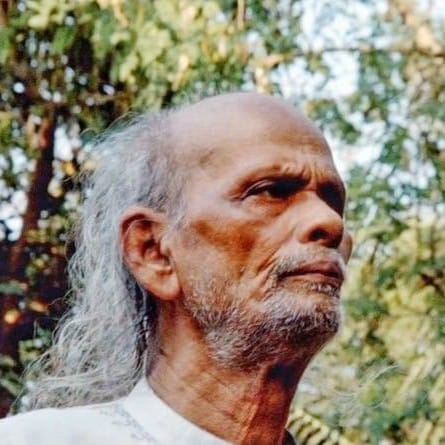
Born into poverty in Ujan Dhol village as the only son among six siblings, Karim's early life was steeped in hardship. He worked as a herdsman for a meagre wage of only Tk 2, finding solace in music during long days spent tending cattle. His grandfather, Nasibullah, a wandering mystic, introduced him to Baul songs, igniting Karim's deep passion for music.
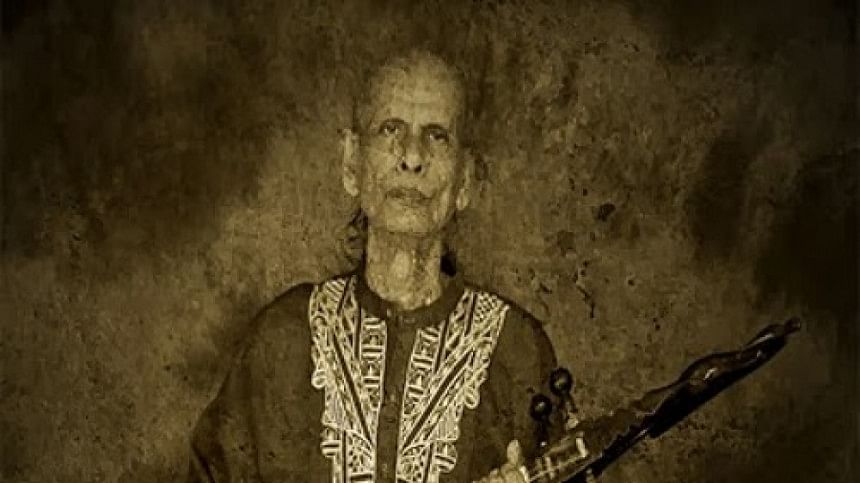
At just 11 or 12, Karim was forced into adulthood, taking on various jobs to survive. For a brief period, education touched his life. A night school was established in his village during British rule, and Karim enrolled. However, rumours spread that students might be conscripted to fight in World War II, and the school was abandoned after just eight days. Though formal education eluded him, Karim continued learning from life itself. His true schooling came from the land, the people, and the experiences that shaped his existence.
"I sing to soothe my heart, to calm my restless mind, and all I need is my song, nothing else," he shared once.
Karim's commitment to music was unwavering, even when it led to his expulsion from his village. Labelled a "Kafir" for refusing to abandon his love for music, he faced the ire of villagers who demanded he renounce his passion.
Karim's response was simple and resolute: "I won't promise something I won't do later. I won't lie in front of everyone." His honesty cost him his home, but it preserved his integrity.
After his exile, Karim wandered from village to village, eventually finding temporary refuge in Gandha, a village rich in musical tradition. Despite his lack of formal education, Gandha became a nurturing ground for his burgeoning talent. His marriage to Kachamala faltered as his devotion to music overshadowed his domestic life. When faced with an ultimatum to choose between his wife and his music, Karim chose the latter, reaffirming his commitment to his true passion.

Karim's love for music never wavered, even as he faced financial struggles and societal rejection. His second wife, Aftabunnesa—whom he lovingly called Sorola—supported him selflessly, allowing him to pursue his art without concern for their material needs. Despite his immense love for Sorola, Karim never seemed to provide her much in the way of material comfort. Yet, she remained unwavering in her support.
Sorola would often tell him, "If I tie you down with my saree, how will you ever explore the world? And if you don't go out and meet people, how will you understand life or compose your songs?"
Karim's disdain for materialism was evident in his reaction to awards and financial gifts. He once remarked, "I went to the city to collect a medal, but by the time I came back, my pockets were empty." His humility extended to his interactions with others; he felt a deep sense of injustice at the lack of respect he received from those around him, despite his significant contributions to music.
The mystic wanderer, a simple man with a deep passion for music, spent his days and nights singing as invitations to perform poured in from far and wide. His songs, rich in simplicity and emotion, moved listeners across Bangladesh. Even Bangabandhu Sheikh Mujibur Rahman was captivated by his music. During a visit to Sunamganj, Bangabandhu had the chance to meet Karim. The young Baul sang for him, and the emotionally attuned Bangabandhu told him, "An artiste like you will get the recognition you deserve. As long as Mujib lives, so will Karim, Inshallah."
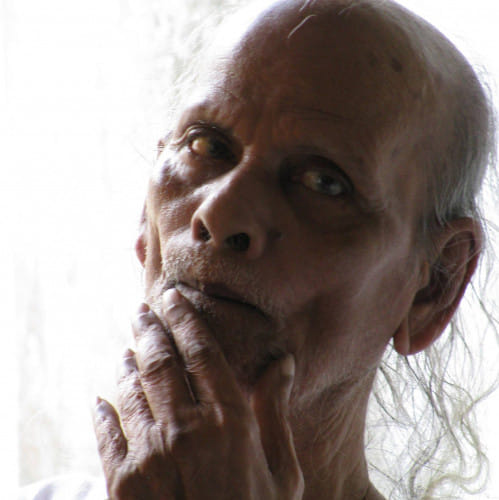
Karim's music, deeply rooted in authenticity and spirituality, often faced criticism from fundamentalists. His dedication to humanity over religious dogma was a source of conflict, but also a testament to his unwavering principles. He continued to champion his belief in humanity despite the challenges posed by societal and religious adversaries.
One poignant anecdote illustrates Karim's resilience and humility. After a tribute event in Sunamganj, Karim was surprised by a substantial honorarium of Tk 3 lakh, which he found excessive. "The love people have shown is the greatest reward," he declared, choosing to return home rather than accept the money.

Karim's final years were marked by a deep connection to his music and an enduring love for his wife. When Sorola passed away, Karim was performing elsewhere, a fact that haunted him deeply. How he felt upon learning of her death remains a mystery, but what is certain is that he never forgave himself for not being there when she fell ill. What pained him most was the lack of support for her funeral due to his reputation as a Baul singer. The local mosque's imam declared, "What's the point of a funeral for a Baul's wife? There's no need to pray over her body." In the end, Karim performed her funeral prayers himself in the yard of their home.
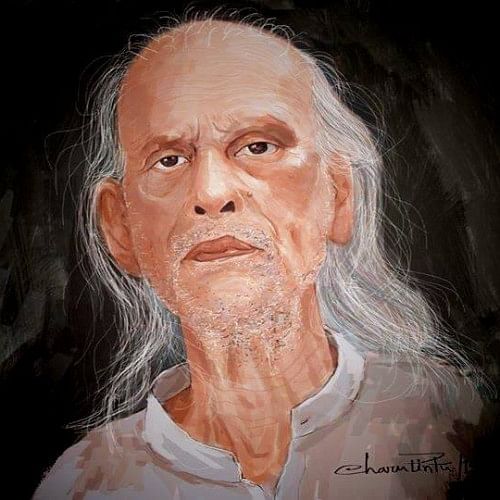
On September 12, 2009, as news of Karim's death spread, the Haor region mourned its beloved Baul. His body was laid in state at the Shaheed Minar, where an outpouring of grief accompanied a final tribute filled with his own songs. A fleet of boats symbolised his final journey, transporting him to his village of Dhul Gram, where he was laid to rest beside his beloved Sorola.
"In sorrow, my life is woven, bound in endless grief,
I've become a forsaken soul, with no time left to breathe,
No more flames, no more flames, sleep now, Sorola…"
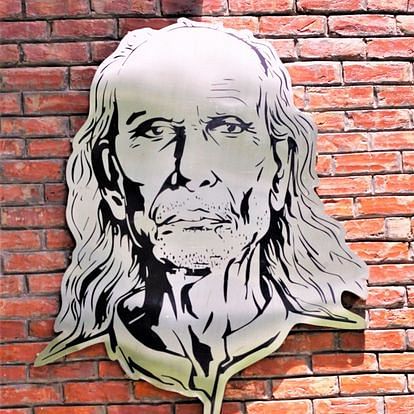
In a life characterised by profound thoughts and unwavering dedication, Karim's Baul philosophy encompassed themes of love, spirituality, and societal critique. His songs, including iconic tracks like "Age ki shundor din kataitam" and "Maya lagaise," remain a testament to his belief in the transformative power of music and the enduring simplicity of the Baul tradition.

 For all latest news, follow The Daily Star's Google News channel.
For all latest news, follow The Daily Star's Google News channel. 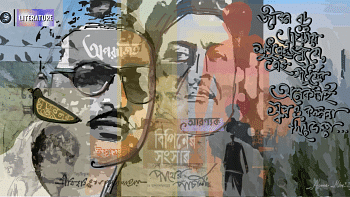


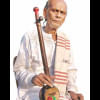




Comments